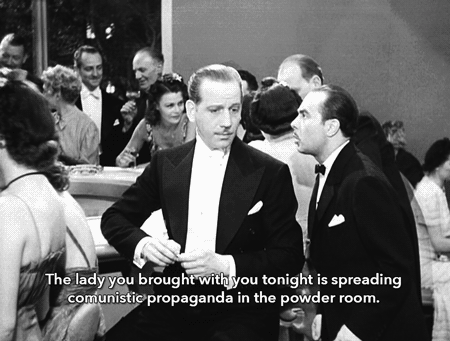 In the midst of trying to decide where to put Vampire Weekend on my Top Ten of 2008 So Far, I stumbled across a set of more ambitious charts: Entertainment Weekly‘s attempts to rank the best stuff of the last 25 years. Dubbing their charts “The New Classics,” they disqualified anything born before 1983, and it makes for an interesting look back at recent history. Their Top 100 album chart is about half-right, with some major omissions, but also some intriguing breaks with the canon. Here’s their top ten:
In the midst of trying to decide where to put Vampire Weekend on my Top Ten of 2008 So Far, I stumbled across a set of more ambitious charts: Entertainment Weekly‘s attempts to rank the best stuff of the last 25 years. Dubbing their charts “The New Classics,” they disqualified anything born before 1983, and it makes for an interesting look back at recent history. Their Top 100 album chart is about half-right, with some major omissions, but also some intriguing breaks with the canon. Here’s their top ten:
1. Purple Rain Prince and the Revolution (1984)
2. The Miseducation of Lauryn Hill Lauryn Hill (1998)
3. Achtung Baby U2 (1991)
4. The College Dropout Kanye West (2004)
5. Madonna Madonna (1983)
6. American Idiot Green Day (2004)
7. The Blueprint Jay-Z (2001)
8. Graceland Paul Simon (1986)
9. Back to Black Amy Winehouse (2007)
10. In Rainbows Radiohead (2007)
Okay, I’ll give you Purple Rain, Achtung Baby, and even Madonna’s sublime distillation of early New York electro-disco. But Public Enemy doesn’t show up til #55, Dr. Dre until #66, PJ Harvey til #96, and The Chemical Brothers and DJ Shadow don’t even make the cut. Endtroducing!!! But whether a ranking of Back to Black over In Rainbows (and In Rainbows over OK Computer) is utterly bonkers or not, it’s the cutoff that’s intriguing. The 1983 limit means Madge as well as The Police’s Synchronicity make the cut, but disqualifies 1982 classics like Thriller, Rio, and Avalon, plus 1981’s Dare, Controversy and Computer World. What kind of chart aiming to rank modern classics would do that? So, it begs the question: When did the Modern Era start?
There’s a good case to be made for the introduction of electronic instrumentation as a signal for the start of the modern era with a defiant “bleep” and a synthetic hand-clap; it’s figuring out what you mean by “electronic” that causes trouble. In the most straightforward sense of bringing the Moogs and Korgs into the studio, one might argue for 1979, when Gary Numan’s “Cars” took over radio stations worldwide. And don’t forget DJ Kool Herc’s nascent hip-hop soundsystems back in late-’70s New York. It was 1974 when Kraftwerk released Autobahn, if you want to go back to what inspired those early hip-hop DJs. If we want to treat the recording studio as its own electronic instrument, and of course we do, then the Beatles were using tape loops and early sampling techniques even on Revolver in 1966. And don’t forget Musique concrète!
Boy, this is tough. Even by the arbitrary criteria of the introduction of electronic elements, who knows exactly when our musical monkeys really picked up that femur. If I were EW, I might have said “The Last 30 Years” instead, I guess, pushing our qualification date back to 1978, giving the Human League a chance to make their mark. At the very least, that eliminates Fleetwood Mac’s Rumours. Nothing against the Mac, I just think they can be in the “pre-modern” chart, okay?



